41 why do we need labels on food
Why 'best before' food labelling is not best for the planet or your ... The food supplier is responsible for placing date labels on the product. Differences in packaging and date labelling can be subtle. For example, lettuce sold loose or in an open plastic sleeve ... Does providing label on food products important? What is the purpose of food rotation labels? Food rotation labels are used to properly label and date food products for food preparation and storage. What is Labelling and its advantages? It provides information like- name of the product, name of the manufacturer, contents of product, expiry and manufacturing date, general instructions etc. 1.
Bioengineered foods at the grocery store could be labeled in a new way ... The goal was to get rid of the patchwork of different labels for foods and ingredients that have been scientifically tinkered with. However, the move also puts a greater burden on consumers to do ...

Why do we need labels on food
FDA Nutrition Label Update: How to Read the New Food Label | U.S. News The majority of Americans use the Nutrition Facts label to guide their food choices. According to an FDA survey, 87% of U.S. adults have looked at the Nutrition Facts panel. The top four factors... Food labelling - Health.vic Food labels are required by law to carry essential information so that consumers are informed of the nature and properties of foods prior to purchase -- this includes statements about the presence of allergenic ingredients that could lead to life-threatening allergic reactions in susceptible persons if the labelling information is not accurate. Why Do We Need Food Labels | Importance of Label Materials For Food Food labels are a legal requirement and play a crucial role in the safety of food consumption as well as enabling consumers to make informed purchasing decisions. In fact, since 2016 it's been a legal requirement for food production companies to display nutritional information on the back of all pre-packaged food.
Why do we need labels on food. Label Claims for Conventional Foods and Dietary Supplements the nutrition labeling and education act of 1990 (nlea) provides for the use in food labeling of health claims that characterize a relationship between a food, a food component, or dietary... Do Restaurants Have to Provide Food Allergy Warnings? - Verywell Health There's one more exception: Just as restaurants don't need to label allergens in food they serve, they aren't required to label dishes that contain the gluten protein, which you find in the grains wheat, barley, and rye.But if a restaurant sells a prepackaged dish that's labeled "gluten-free," it must adhere to FDA rules on gluten-free labeling, which require foods labeled ... Top Reasons Why Having Food Labels is Important | Sticky Biz Offering helpful information on your food labels gives consumers confidence in using your product, especially when it comes to cooking instructions as this gets the best flavor from the food and helps them avoid sickness. We have product specialists ready to help you at 562-945-3486 Flexographic Printing Custom printed tape Stock printed tapes Food Label Reading - What You Need to Know - drugs.com Vitamins and Minerals:Most Americans get plenty of vitamins and minerals each day but some labels still list the percent of daily value in one serving. Shoppers can tell which foods are higher or lower in vitamins and minerals. Eat a wide variety of foods so that these % numbers from all of your food add up to 100% each day.
What Food Labels Really Mean | Eyewitness News - NBC4 WCMH-TV It's kind of just the FDA is seeing the label and going 'okay that's a label we have.' But it's important that we know that those animals can still be given steroids, growth-promoting hormones or... How to Understand and Use the Nutrition Facts Label | FDA - U.S. Food ... People look at food labels for a variety of reasons. But whatever the reason, many consumers would like to know how to use this information more effectively and easily. The following label-reading... FDA Food Product Labeling & Packaging Requirements - ESHA Nutrition Facts Label The Nutrition Facts Label is used to communicate important information about the food consumers eat. The FDA also governs what label format to use on your product based on package size and contents. The Nutrition Facts Label must show: Serving size ( Consult the RACC to determine this) Household measure/common household unit Changes to the Nutrition Facts Label | FDA - U.S. Food and Drug ... The Nutrition Facts label on packaged foods was updated in 2016 to reflect updated scientific information, including information about the link between diet and chronic diseases, such as obesity...
Food Labeling & Nutrition | FDA Food labeling is required for most prepared foods, such as breads, cereals, canned and frozen foods, snacks, desserts, drinks, etc. Nutrition labeling for raw produce (fruits and vegetables) and... Allergen labelling | Food Standards Agency In England, we are responsible for food safety related labelling including allergens. The Department for Environment, Food & Rural Affairs (DEFRA) are responsible for the policy on food labelling and food compositional standards which are non-safety related only. The Department of Health and Social Care are responsible for nutrition policy and ... Why 'best before' food labelling is bad for the environment and your ... Food producers and retailers are keen to keep the labelling status quo, because it makes it easier to manage stock and encourages turnover. The case for packaging Some packaging is used to separate branded products such as fruit varieties protected by plant breeders' rights, organic products and imperfect vegetable ranges. Chemical Ingredients 101: How to Read a Product Label Product manufacturers and chemists routinely rely on technical standards when labeling their products. This helps to ensure quality and consistency. With a little research using credible sources, you can find out why a chemical, or any other specific ingredient, is in a product.
How To Read Food and Beverage Labels - National Institute on Aging Understanding what's in the foods and beverages we may consume can help us make healthier decisions. In many countries, including the United States, packaged foods and drinks — the types that come in cans, boxes, bottles, jars, and bags — include nutrition and ingredient information on their labels.
Why 'best before' food labelling is not best for the planet or your budget Bread is the only fresh food that uses a different system with "baked on" or "baked for" date labels. Some foods, such as canned goods and food with a shelf life of two years or more, don ...
Nutrition labelling | Food Standards Agency FSA Explains Front of Pack Labelling Watch on Where nutrition information is declared on the label, certain nutrients can be repeated in the principal field of vision usually on the front of the...
Why 'best before' food labelling is not best for the planet or your ... The food supplier is responsible for placing date labels on the product. Differences in packaging and date labelling can be subtle. For example, lettuce sold loose or in an open plastic sleeve ...
The History of USDA Food Guidelines and The Food Pyramid Plenty of us are familiar with the food pyramid's design. The food groups of the food pyramid were arranged to stress the importance of a varied and healthy diet, what we should be eating the most, and what needed to be moderated. At the base of the pyramid is the bread, cereal, rice, and pasta group, with the largest recommended daily intake.
How To Design Perfect Product Labels [6 Steps For Beginners] Remember why we buy products in the first place - every product (food or otherwise) exists to fulfill a need. That need may be hunger, it could be entertainment, and or perhaps it's decor to dress up a room. Your product label is the perfect place to explain how your product differs from others on the market.
Organic on Food Labels | FDA The National Organic Program (NOP) is the federal regulatory framework governing organically produced crops and livestock. The U.S. Department of Agriculture (USDA) oversees the program and...
The Importance of Food Labels - The Joint The Importance of Food Labels In many developed countries, food labeling is absolutely necessary. Not only do we need food labeling to tell us what is being put into our food, but it is required by law in an effort to let consumers know what they are putting into their bodies and how to make choices in their dietary and nutritional efforts.
Should food labeling be mandatory? Explained by FAQ Blog The food label is an important communication tool that provides consumers with information about a product's composition, nutritional profile, and quantity of contents so that they can make product comparisons and selections. ... Consumers want this label information presented in an easy to understand and transparent way.
5 Reasons Why Packaging Important for Food Safety The integrity of your food product can be compromised by physical damage even if it is properly sealed and protected from contaminants. That is why sturdy packaging is important to protect food products from physical damages caused during material handling, shipping, and warehousing.
Why Do We Need Food Labels | Importance of Label Materials For Food Food labels are a legal requirement and play a crucial role in the safety of food consumption as well as enabling consumers to make informed purchasing decisions. In fact, since 2016 it's been a legal requirement for food production companies to display nutritional information on the back of all pre-packaged food.
Food labelling - Health.vic Food labels are required by law to carry essential information so that consumers are informed of the nature and properties of foods prior to purchase -- this includes statements about the presence of allergenic ingredients that could lead to life-threatening allergic reactions in susceptible persons if the labelling information is not accurate.
FDA Nutrition Label Update: How to Read the New Food Label | U.S. News The majority of Americans use the Nutrition Facts label to guide their food choices. According to an FDA survey, 87% of U.S. adults have looked at the Nutrition Facts panel. The top four factors...


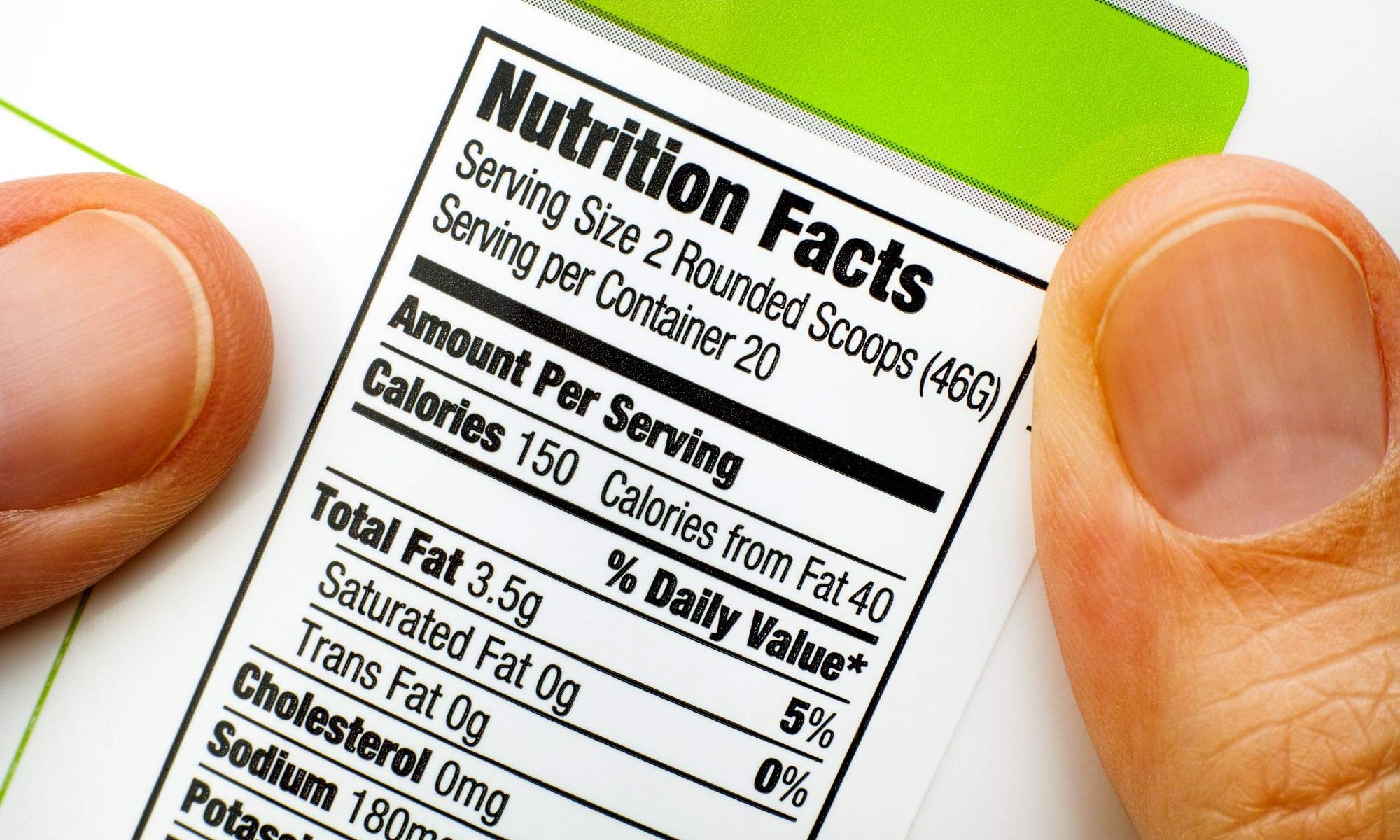


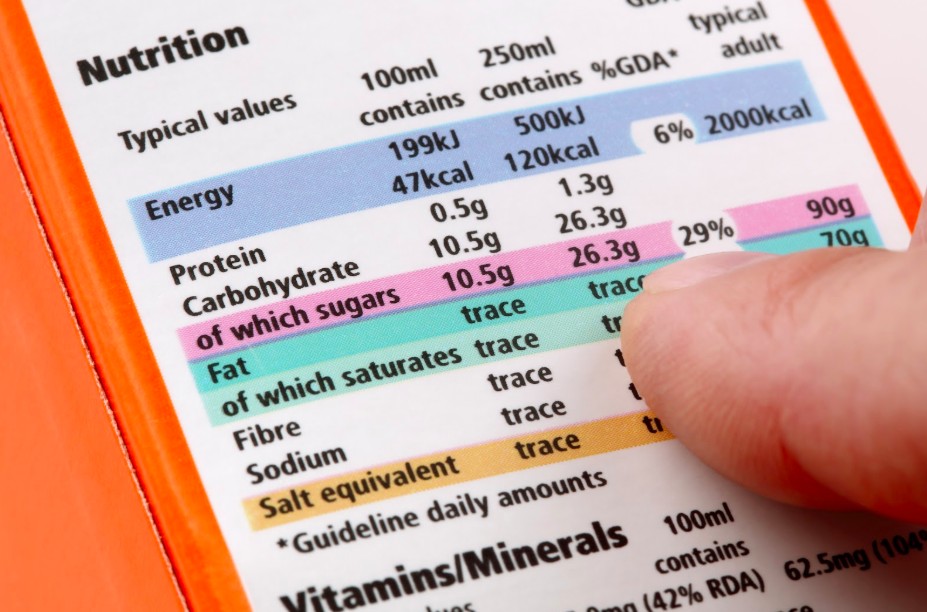
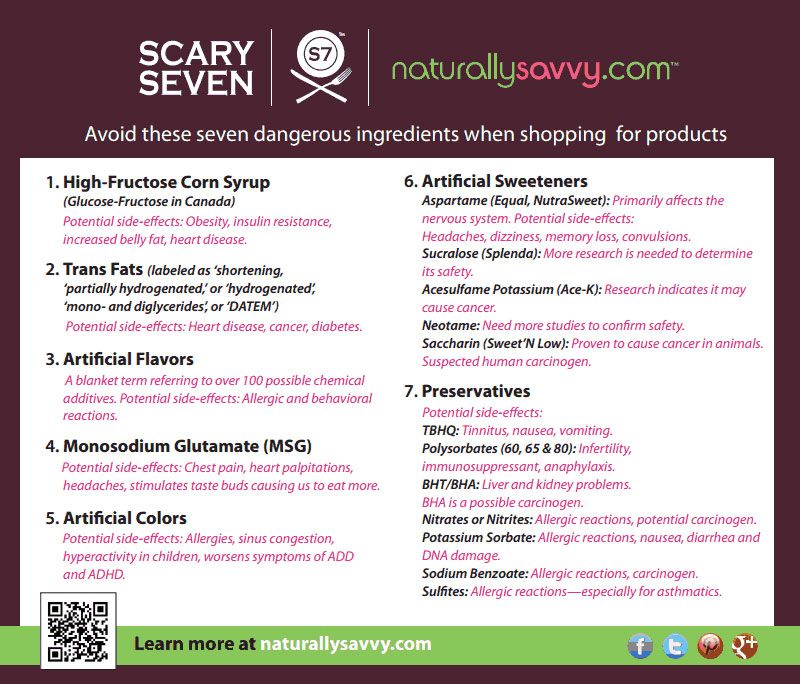
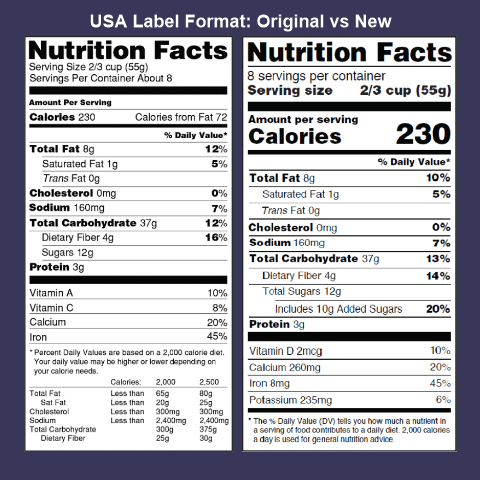

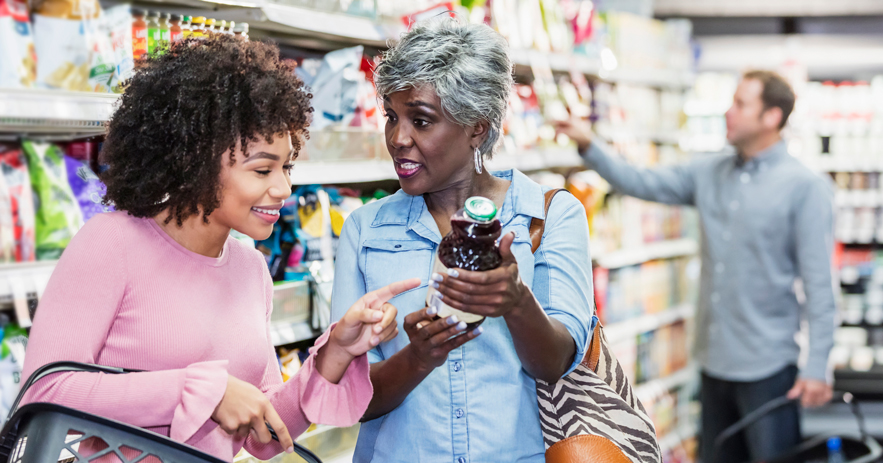
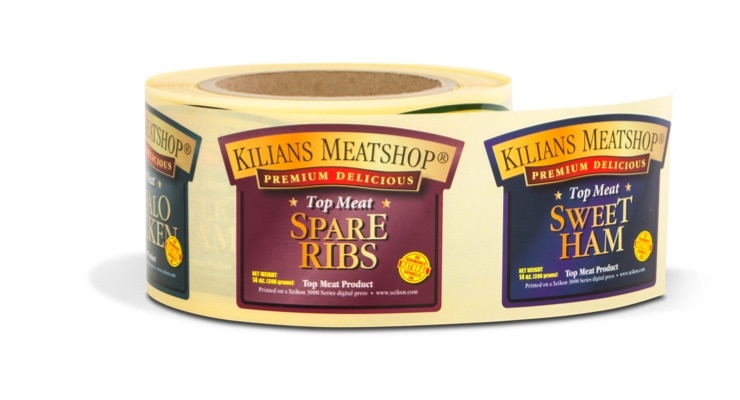


:max_bytes(150000):strip_icc()/Food-label-Envision-575f13f25f9b58f22ee9a2dc.jpg)
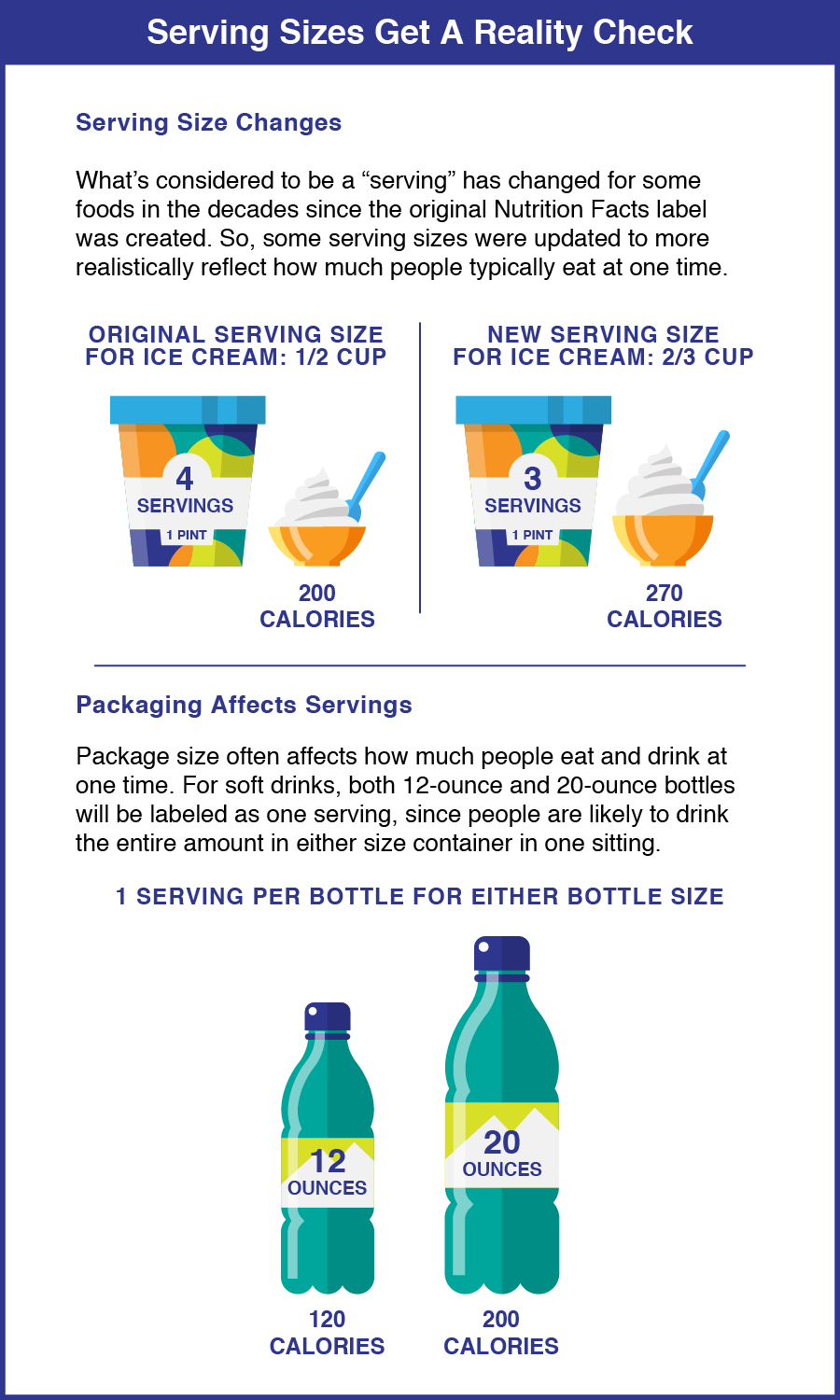


/cdn.vox-cdn.com/uploads/chorus_asset/file/22693769/56517473.jpg)
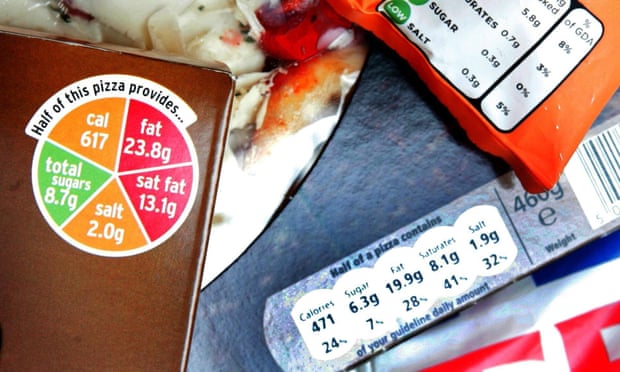
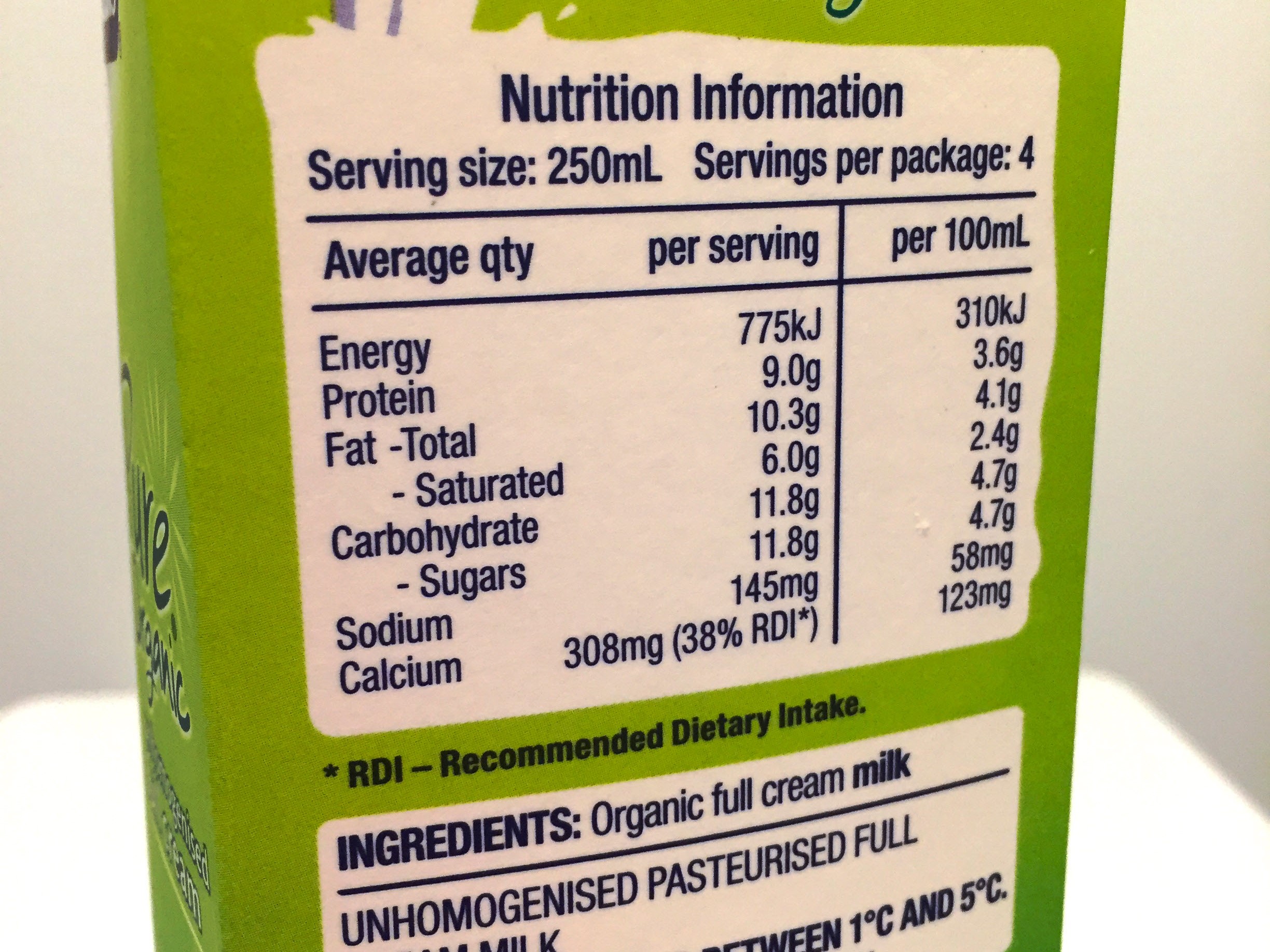
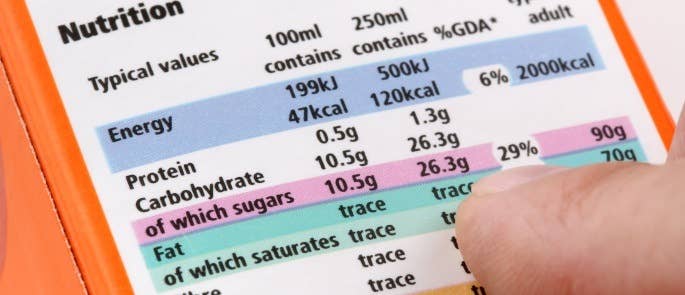

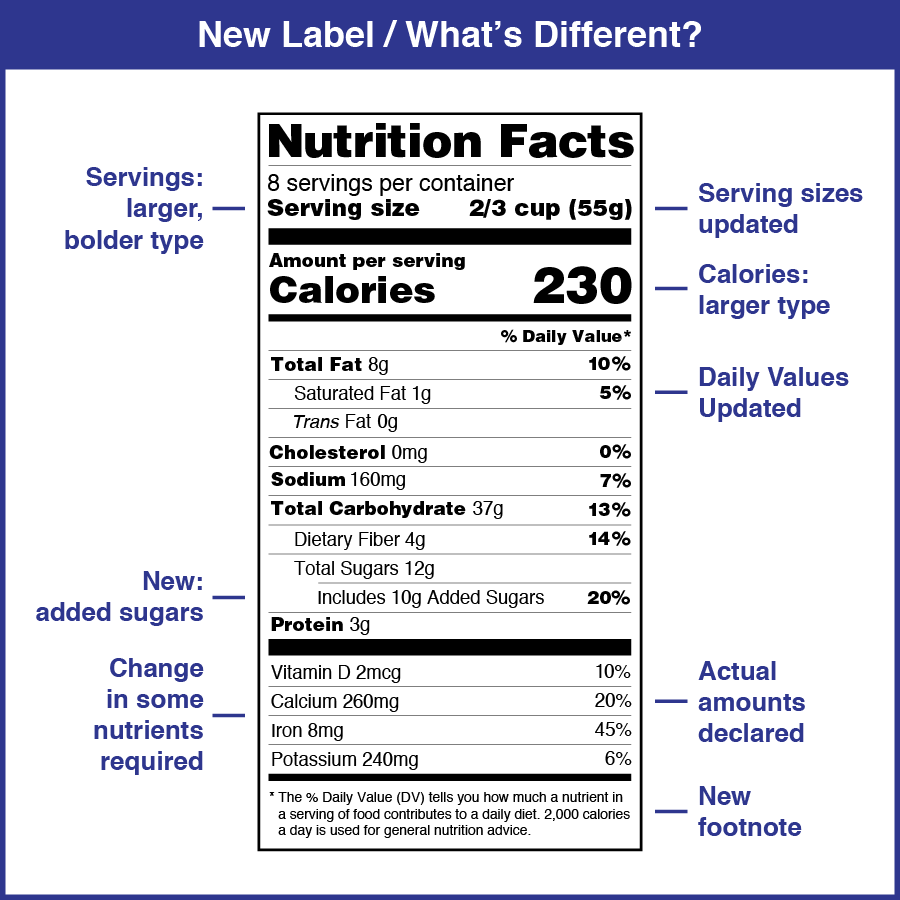
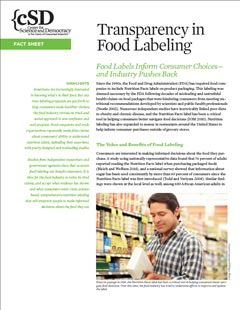




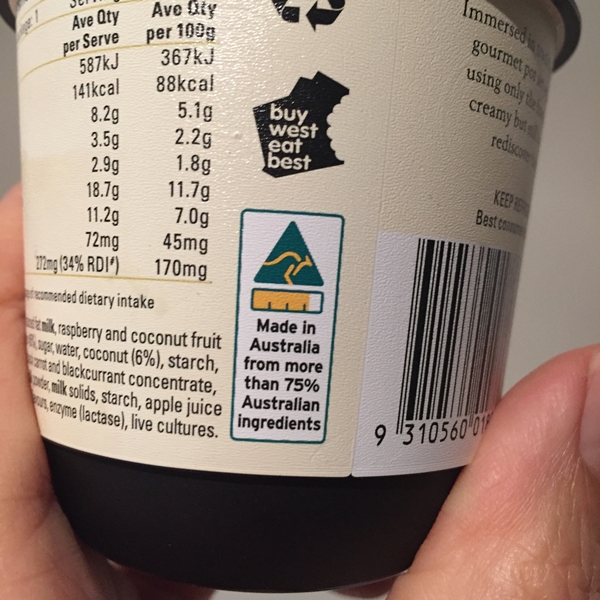

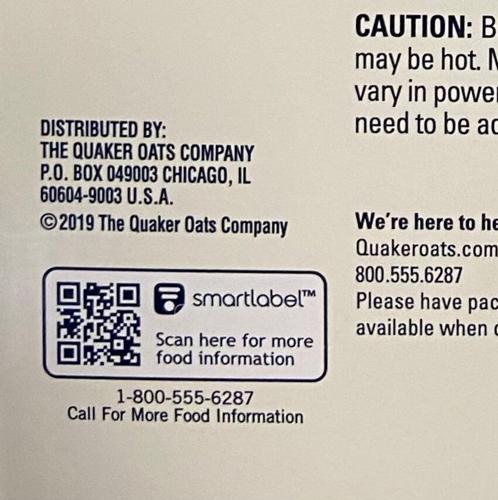
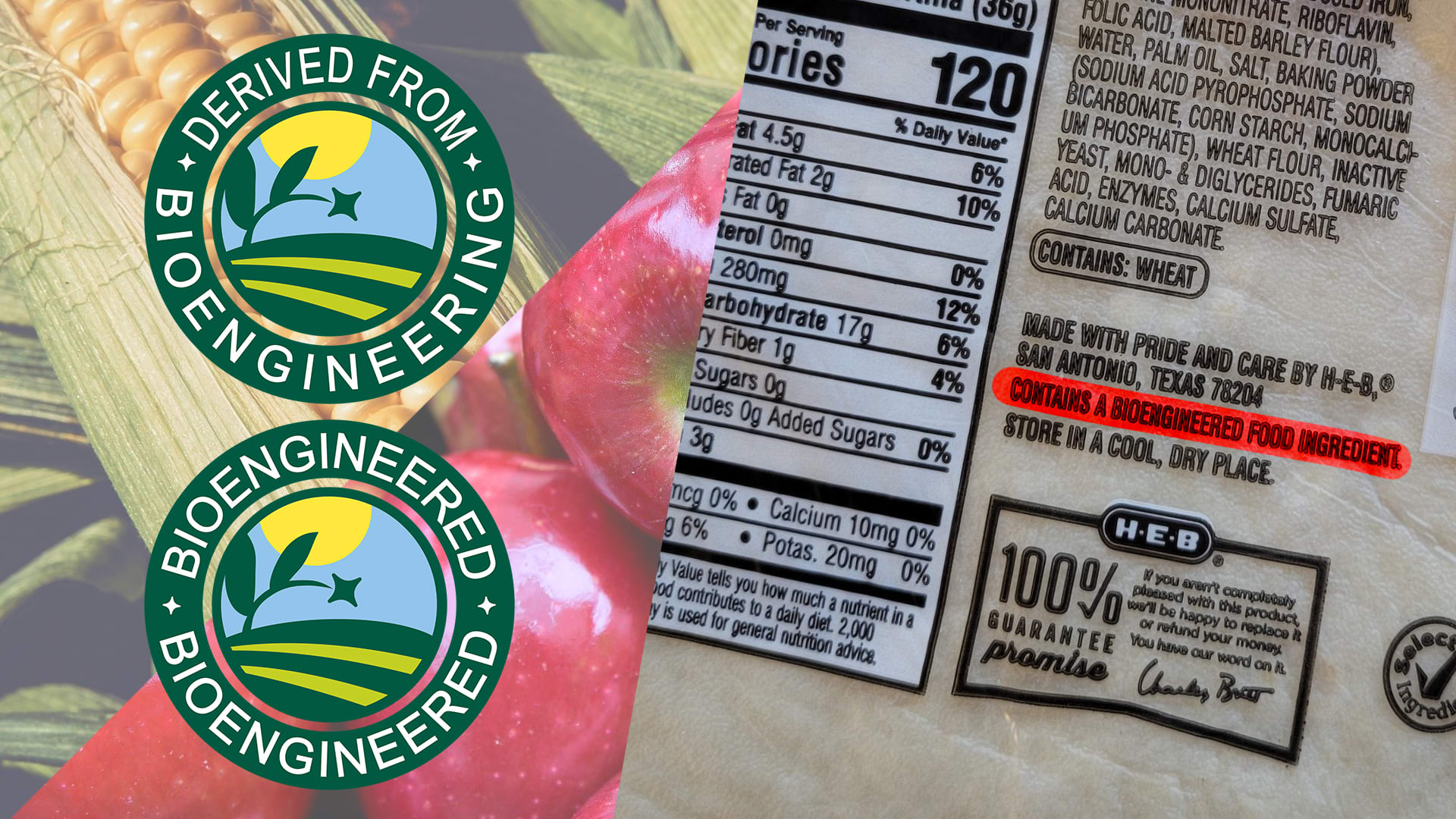
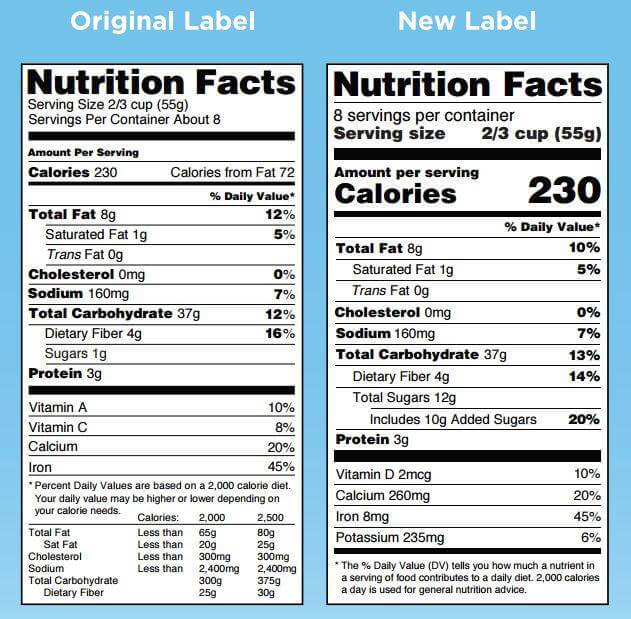
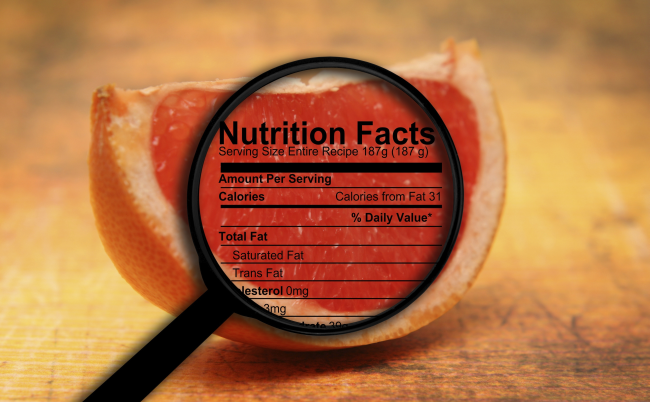


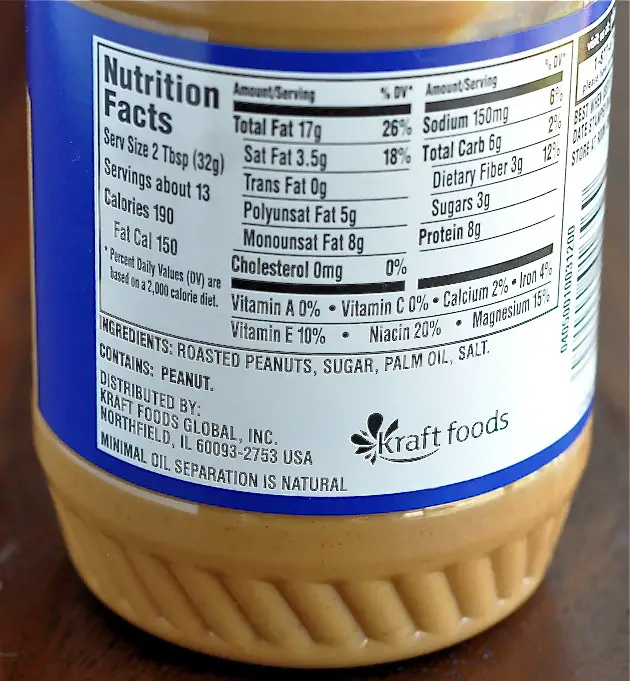
Post a Comment for "41 why do we need labels on food"